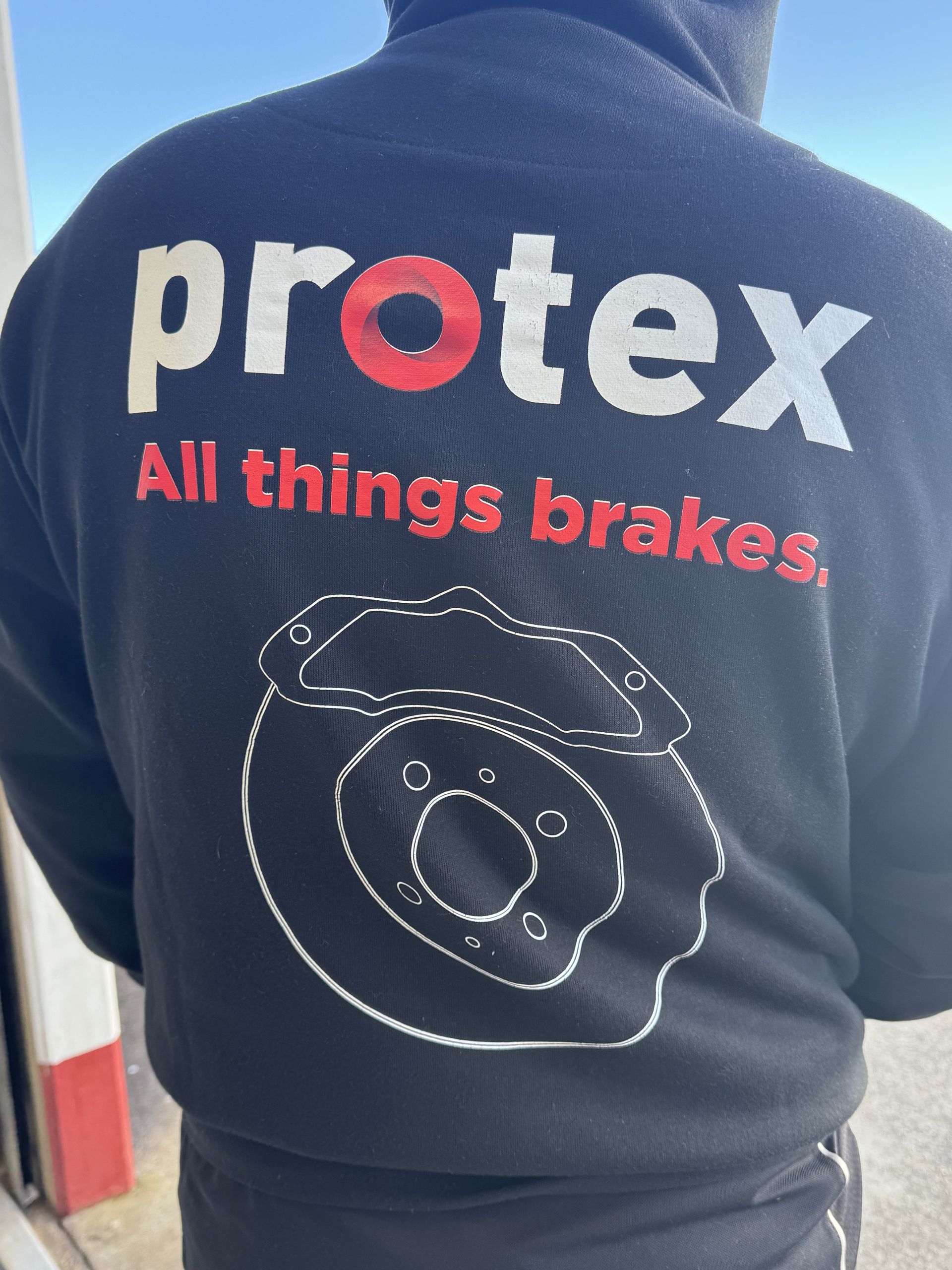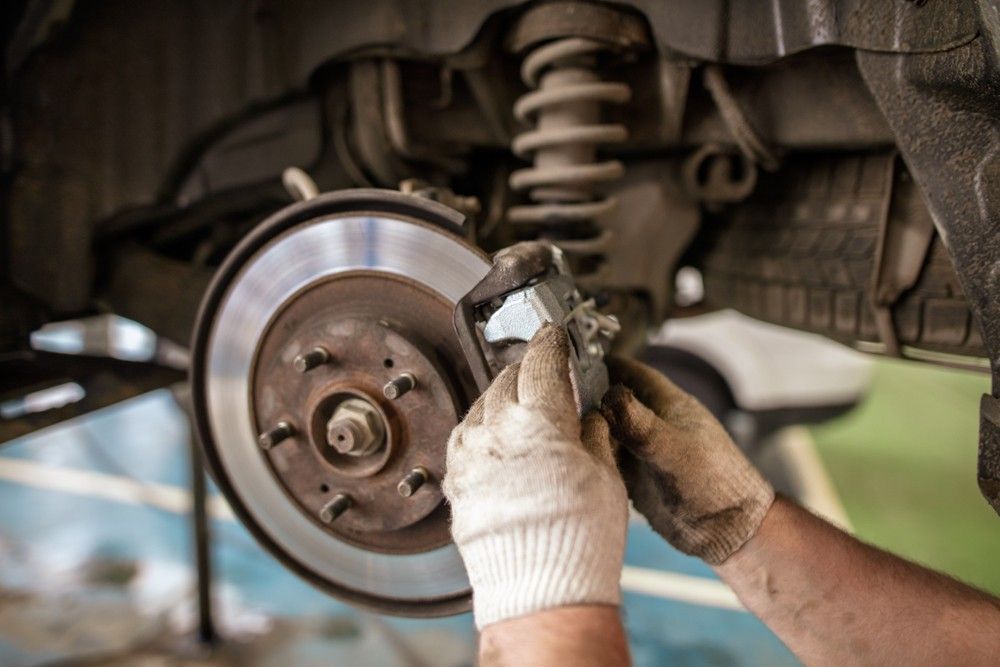Brakes in Hervey Bay
- Honest pricing & upfront advice every time
- High-quality parts from brands you trust
- Roadworthy certificates & rego checks available
Providing Full In-House Brake Repairs
Soft pedal? Screeching at the lights? That grinding noise every time you slow down? Those aren’t quirks — they’re warnings. At Pialba Brake, Clutch & Steering, brakes are our bread and butter, and we’ve seen it all.
From worn pads on daily runabouts to seized callipers on beach 4WDs, we sort it. Our workshop handles disc and drum machining, flywheel skimming, and even making new brake hoses on-site. If it’s brake-related, chances are we fix it every week.
We fit parts we’d use in our own cars — Bendix, Brembo, Bosch — because stopping power isn’t something you cheap out on.
What we handle most days:
- Pads, rotors & calliper replacements
- Disc & drum machining
- Brake hose manufacturing
Brakes don’t heal themselves. If yours feel off, give us a call on
(07) 4124 4522 and we’ll check them before they become a bigger (and pricier) problem.
What’s Included in Our Brake Services
Brakes look simple from the outside, but there’s a lot going on under the surface. Fluid lines, callipers, drums, discs, hoses — every part has to work together for the pedal to feel right. When one piece wears out, it puts stress on the rest.
That’s why we don’t take shortcuts. In our workshop we strip things back, check each component properly, and fix the problem where it starts — not just where it shows up. It might mean machining a warped disc, rebuilding a hose, or replacing pads that weren’t up to scratch.
It’s the detail work that makes the difference — and it’s how we make sure your brakes feel right every time you hit the pedal.
How do I know if my brakes need replacing?
Some of the most common signs include squealing or grinding sounds, a spongy or soft brake pedal, vibrations when braking, or the car pulling to one side. In some cases, a dashboard warning light may also appear. Brake wear happens gradually, so it’s important to stay alert to changes in how your vehicle feels when stopping. If in doubt, it’s always safer to get them checked sooner rather than later.
How long do brake pads usually last?
The lifespan of brake pads can vary depending on the type of vehicle, how you drive, and the quality of the parts. On average, brake pads last between 30,000 and 70,000 kilometres. City driving with frequent stopping usually wears them out faster than highway driving. Regular servicing helps monitor wear levels so they can be replaced before causing damage to rotors or drums.
What’s the difference between brake machining and replacing?
Brake machining involves resurfacing your existing brake discs or drums to remove grooves, warping or uneven wear. It’s a cost-effective option if the components still have enough thickness. Replacing, on the other hand, means fitting brand-new parts. Machining is often done during pad changes to ensure smooth contact, but if the rotors are too thin or damaged, replacement is the safer option.






